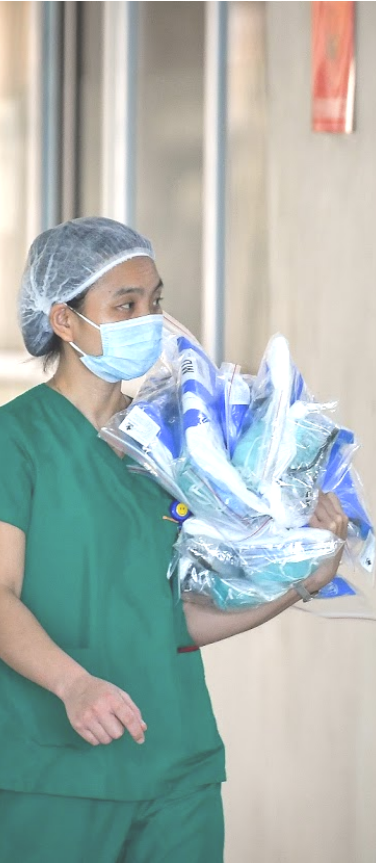Recommendations on health system preparedness to scale up COVID-19 vaccination

The global drive to vaccinate against severe acute respiratory syndrome-coronavirus-2 (SARS-CoV-2) began in December 2020 with countries in Europe, Middle East, and North America leading the roll out of a mass-vaccination program. We conducted a systematic review on current practice and early outcomes of COVID-19 mass-vaccination, guiding countries where roll-out is yet to commence. Link https://www.mdpi.com/2076-393X/9/4/326
Following on that effort, in collaboration with the Expanded Programme on Immunization and University of Publica Health, The Woolcock Institute conducted in rapid assessment on the current regulatory environment, health system preparedness and attitudes of key stakeholders towards the scale-up of new vaccines against SARS-CoV-2 in Viet Nam. It identifies a number of important challenges that must be addressed to ensure the rapid and safe delivery of new vaccines, and it highlights the importance of subsidies for some populations if uptake is to be widespread.
Our key recommendations include:
- Existing vaccine distribution networks need to be strengthened considerably to allow for the rapid deployment of vaccines to adults. Existing transportation, storage and delivery processes have limited capacity, particularly for vaccines that must be stored at ultra-low temperatures.
- Existing vaccine safety systems are likely to form the backbone of AEFI reporting. Additional strategies to improve timely reporting of adverse events could include the deployment of a smartphone app and SMS-based reporting by members of the public. New reporting systems developed for COVID-19 can be combined with existing adverse event reporting processes to ensure that reports accurately capture the incidence of adverse events.
- Health promotion strategies must be developed to educate the public in advance of, and throughout, the roll-out of new vaccines. A range of communication strategies will be required to reach populations in different demographic groups, including vulnerable populations such as itinerant labourers, the elderly, people with medical comorbidities and remote rural communities.
- Engagement with international agencies and foreign governments will enable Viet Nam to secure access to vaccines, funding for the scale-up of vaccines and technical support for the deployment of vaccines.

